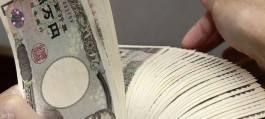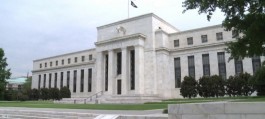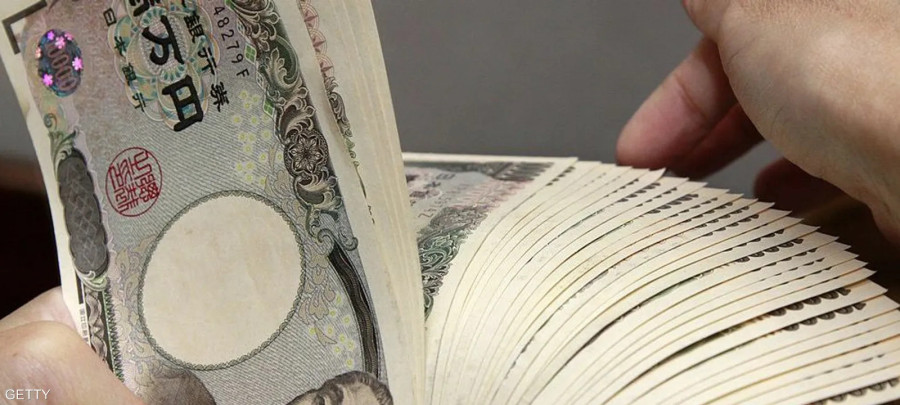The Japanese yen rose in the Asian market on Monday against a basket of global currencies, continuing its gains for the second day in a row against the US dollar, with continued recovery from the lowest level in three months, thanks to purchasing activity from low levels.
This rise comes amid intense comments from officials of the financial and monetary authorities in Japan about currency movements in the exchange market, and about the future of monetary policy and negative interest rates.
Price view
Japanese yen exchange rate today
The dollar fell against the yen by about 0.1% to (149.07 yen), from the opening price of today’s trading at (149.21 yen), and recorded the highest level at (149.29 yen).
On Friday, the yen achieved an increase of about 0.1% against the dollar, the first gain in the last three days, after recording earlier in trading the lowest level in three months at 149.57 yen per dollar.
The yen lost 0.65% against the dollar last week, the second weekly loss in a row, due to the rise in yields on ten-year US Treasury bonds, which renewed concerns about the yield gap between Japan and the United States.
Minister of Finance
Japanese Finance Minister Shunichi Suzuki said that he is carefully monitoring the movements of the currency market, uttering a familiar phrase in the market for the first time since last January 19.
Central Bank of Japan
Bank of Japan Governor Kazuo Ueda said on Friday: There is a high chance that easy monetary conditions will continue even after the central bank ends its negative interest rate policy.
Bank of Japan Deputy Governor Shinichi Uchida said on Thursday: It is difficult to imagine that the central bank will continue to raise interest rates quickly even after ending the negative interest rate policy.
Expectations
HSBC Bank strategist Clyde Wardle said: The Japanese yen has been the worst performing currency among the G8 foreign currencies so far this year, but we look forward to improvement in the future.
Global Head of Foreign Exchange at Jefferies W. Brad Bechtel: The prevailing view is that there is still a lot of momentum in wages , and this will keep the Bank of Japan on track to ease monetary policy in the second half of this year.
Notably, the next big test for the yen will be the results of the Shunto pay rounds in a little over a month from now, which should provide greater clarity on whether the Bank of Japan can raise interest rates.







































